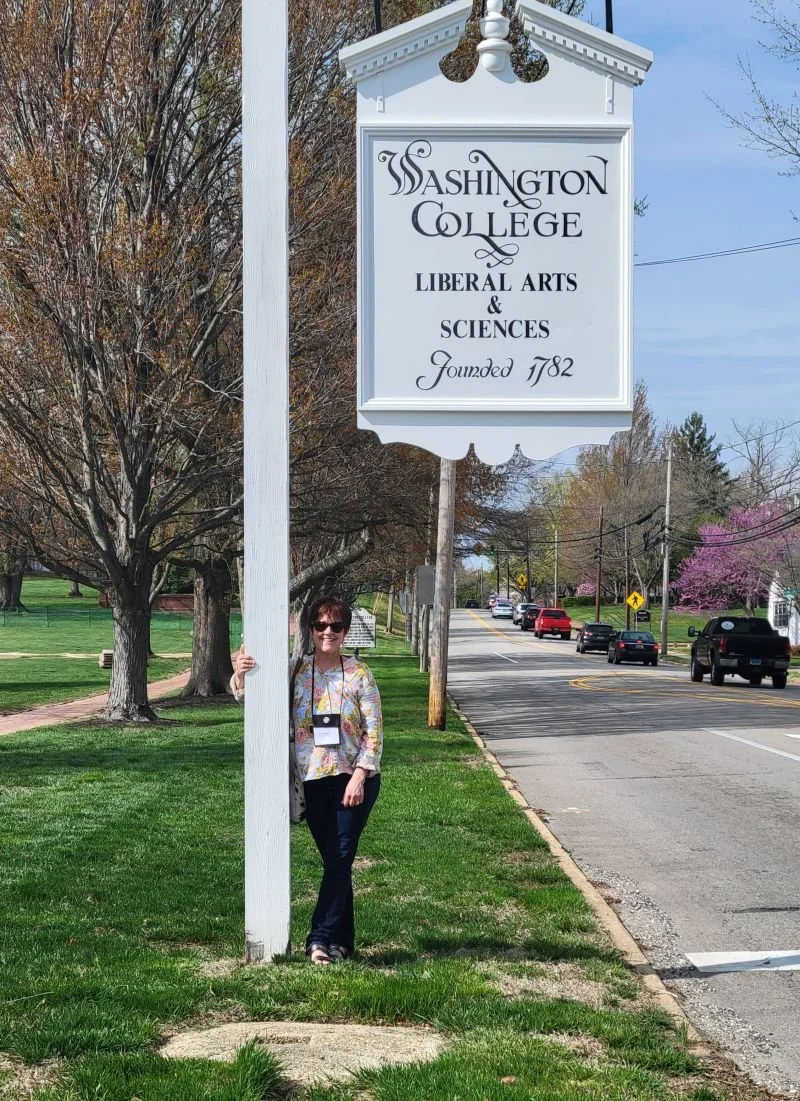Washington College
Washington College was founded in 1782 with 50 guineas from George Washington and the permission to use his name. It's about an hour from Philadelphia and an hour and a half from Washington DC, and the campus is very pretty.
With under 1000 students, it's exceedingly small, and about 40% of the students are athletes, competing in the Division 3 Centennial conference. The women's rowing team, in particular, is very strong, having won multiple league championships in recent years.
Most popular majors are Biology, Environmental Science, Psychology, Political Science, Economics, and Business Management. Some newer programs are Data Science, Data Analytics, and Neuroscience.
Their endowment is $350 million, up $90 million in the past 7 years. They recently received $15 million for the business program, and also a $56 million donation in 2023 which is to be used entirely for scholarships. Speaking of scholarships, they range from $32K to full tuition, after an all-in cost of $75K.
During our visit we were told that application numbers are up this year, as are deposits. I will mention that there is a pop-up on their website that indicates they are still accepting applications and offering scholarships for students in the class of 2025.
I spoke with the provost who is new, an environmental scientist from American University. He has been extraordinarily impressed with the commitment to undergraduate education that he sees here. He said there is a very generous budget for faculty development so requests for conferences are virtually always approved. The week before we were there, the Psychology department went to the Eastern Psychological Association conference in New York City with students in tow, and that is apparently very common. I think my favorite thing about Washington College is that the students throw birthday parties for the custodians in their dorms. Really. That tells me a lot about the close-knit, family vibe that students here experience.
We were told that they hope to grow to about 1250 students in the next 5-6 years, an ambitious goal with the impending demographic cliff. I'd like to see small colleges like this survive, even as the landscape of higher education continues to evolve.

